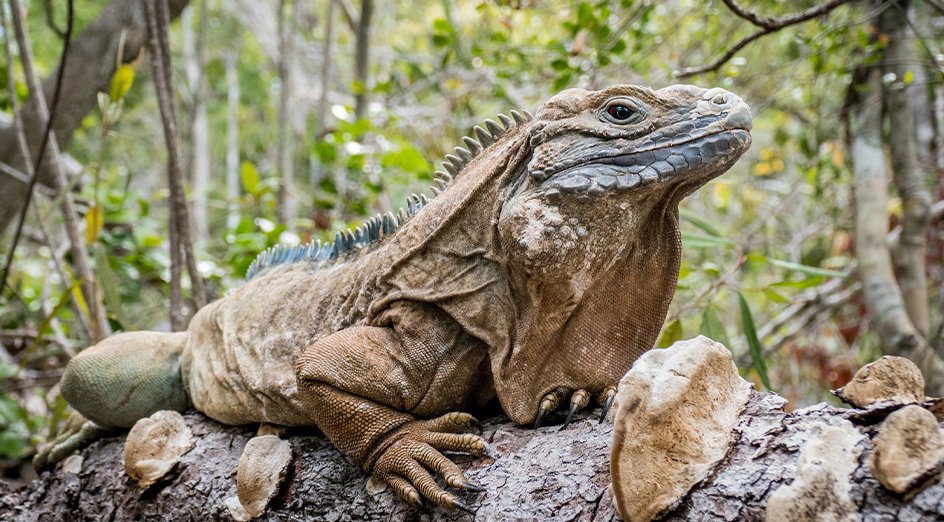A new study by a team of international researchers has found that reptiles including turtles, crocodiles, lizards, snakes and tuatara are threatened by extinction in the near future but conservation efforts for other vertebrate species could boost chances of survival.
Associate Professor Nicki Mitchell, from the School of Biological Sciences at The University of Western Australia, is a co-author of the paper Global reptile assessment shows commonality of tetrapod conservation needs published in Nature.
The study found that at least 21 per cent of the 10,196 species analysed were currently at risk and, because reptiles have a diverse range of habitats and face many threats, a multifaceted action plan for conservation was required.

“Previous global conservation assessments have not determined exactly how many reptile species are imperilled or how many are poorly known,” Associate Professor Mitchell said.
“Our new study represents a 20-year effort to comprehensively assess extinction risk for all reptile species, which involved almost one thousand experts from across the globe.”
More than 1200 reptiles occur in Australia, and in 2016 UWA hosted and part-funded an ‘IUCN Red List’ assessment of 500 lizard and snakes that occur in Western Australia.
The study identified extinction risk factors and mapped distributions which revealed that conservation efforts targeted towards other tetrapods (mammals, birds and amphibians) also benefited reptiles, because threatened reptiles tended to live in the same areas where other at-risk tetrapods were found.
Although reptiles are well known to inhabit arid environments such as deserts and scrubland, many live in forests so also suffer from threats such as logging and conversion to agriculture.

The study also highlighted what we stand to lose if we fail to protect reptiles: if each of the 1,829 threatened reptiles became extinct, we would lose a combined 15.6 billion years of evolutionary history – including countless adaptations for living in diverse environments and preying on a wide assortment of animals.
In addition, the study found 58 per cent of turtles and half of all crocodiles were at risk of extinction, mainly due to hunting and poaching.
The findings of the global reptile assessment serve as a baseline from which future assessments can mark shifts in conservation status over time.
Media references
Associate Professor Nicki Mitchell, UWA School of Biological Sciences, 08 6488 4510
Annelies Gartner, UWA Media Manager, 08 6488 6876
